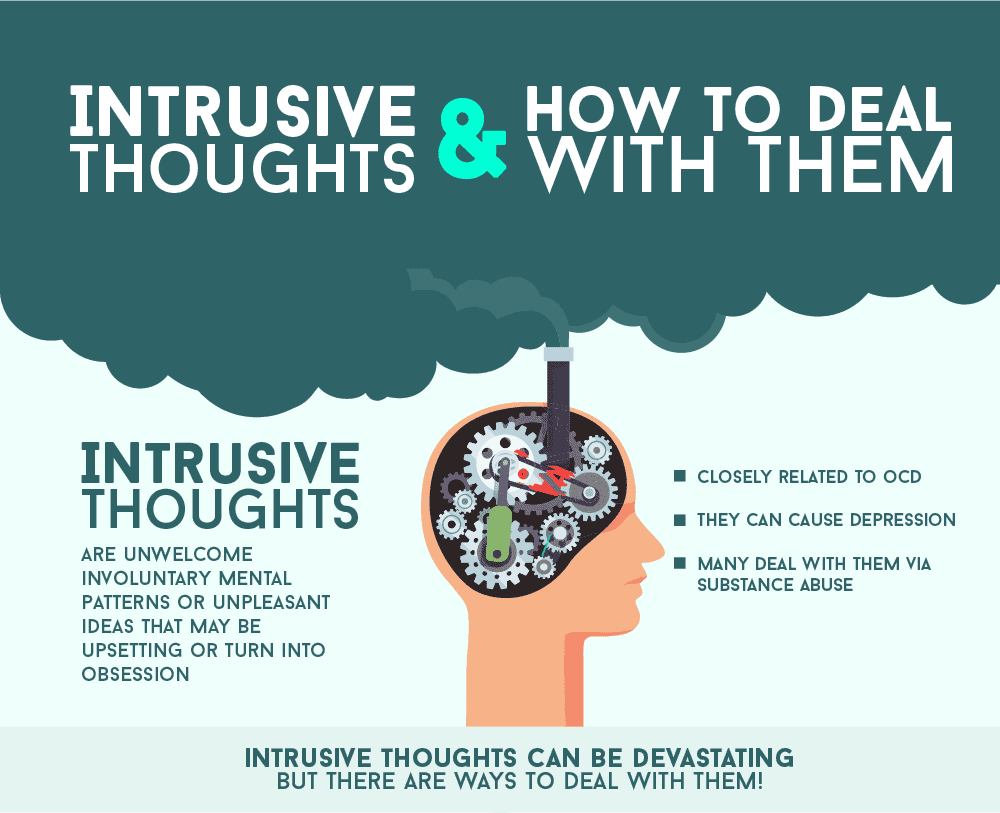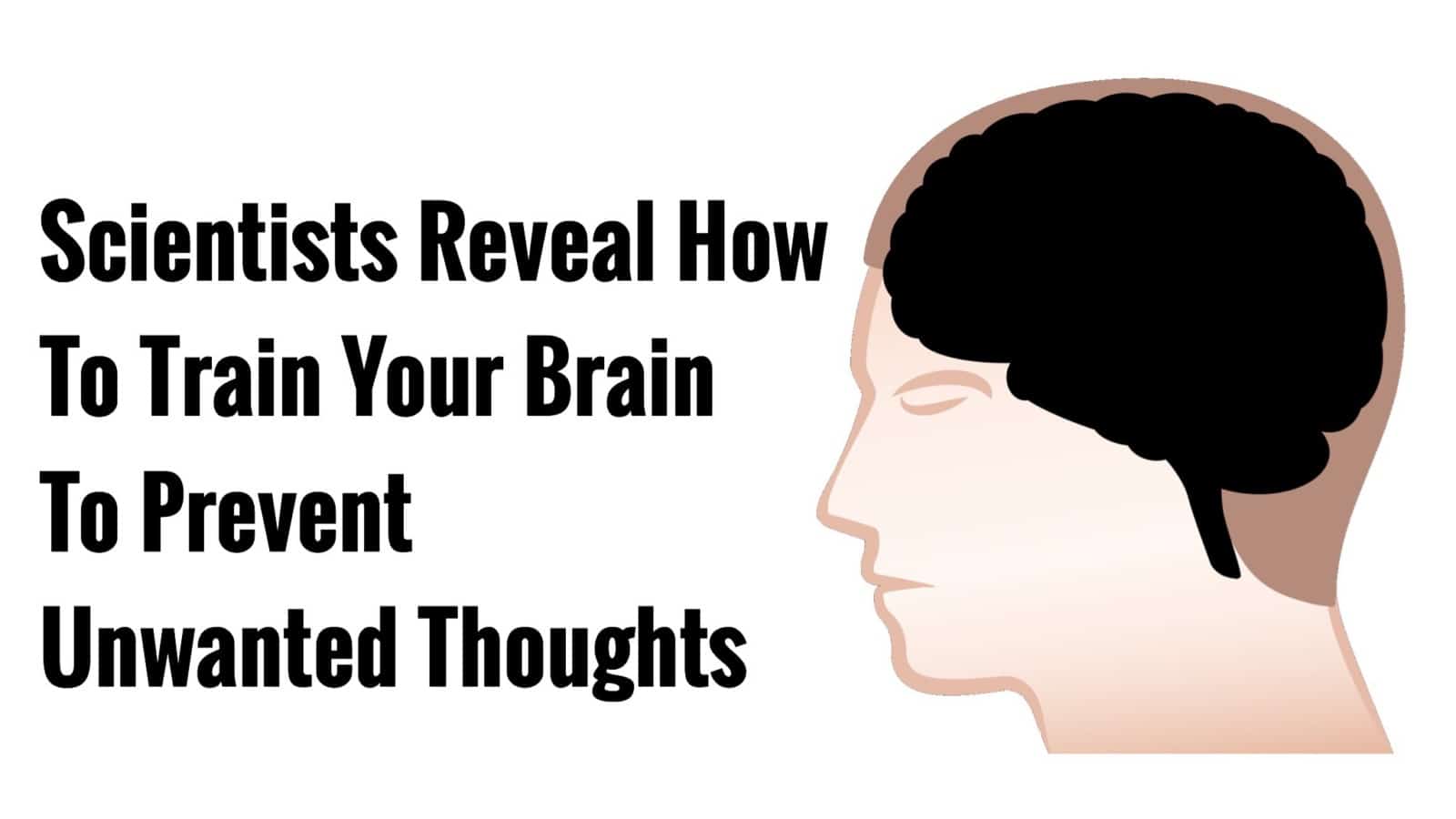Recommendation Info About How To Overcome Unwanted Thoughts

According to the american psychological association, there’s a lot of evidence that spending time in nature can boost mental health and sharpen cognitive abilities.
How to overcome unwanted thoughts. Often, a cue can repeatedly evoke unwelcome thought patterns or memories. Individuals benefit from standing back from what they are feeling and realizing that these are thoughts rather than facts or reality. If unwanted thoughts keep you up at night, using these methods to clear your mind may help.
If you’re having unwanted thoughts, dark thoughts, obsessive thoughts, or simply ‘bad thoughts’ i’m here to help. New research suggests that proactive control might be better than reactive control in managing intrusive or unwanted thoughts. How to stop intrusive thoughts.
They're common, affecting some six million americans, and. Understanding what they are all about can. How to stop unwanted thoughts.
Distraction, meditation, and other tips may help you break the cycle. Some of the ways that you can get rid of negative thoughts include: Find counselling to combat fear and anxiety.
Unwanted intrusive thoughts are stuck thoughts that cause great distress. Handling guilt and shame. Intrusive thoughts can feel overwhelming.
Taking a walk or jog in a green space can help you to break a cycle of rumination, by engaging your body and your senses in a way that gets your. Sally winston, psyd. Intrusive thoughts are unwanted thoughts or mental images that make people feel uncomfortable.
Rumination is common to many health conditions and has close links with past negative. Reactive cognitive control often makes unwanted thoughts peskier and keeps them top of mind in a thought loop. deliberately trying to suppress an. Unwanted intrusive thoughts often center around sexual, violent, or otherwise disturbing content, and can cause serious emotional distress.
Suppressing the flow of unwanted thoughts is possible and can help people cope with difficult memories. Trying to stop thinking unwanted repetitive thoughts is a familiar experience for most. A new study from the hebrew university of jerusalem, published in plos computational biology, has found that reactive control — acknowledging the thought.


















